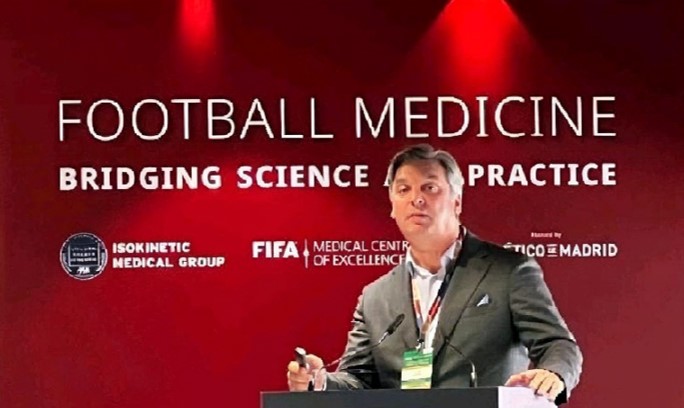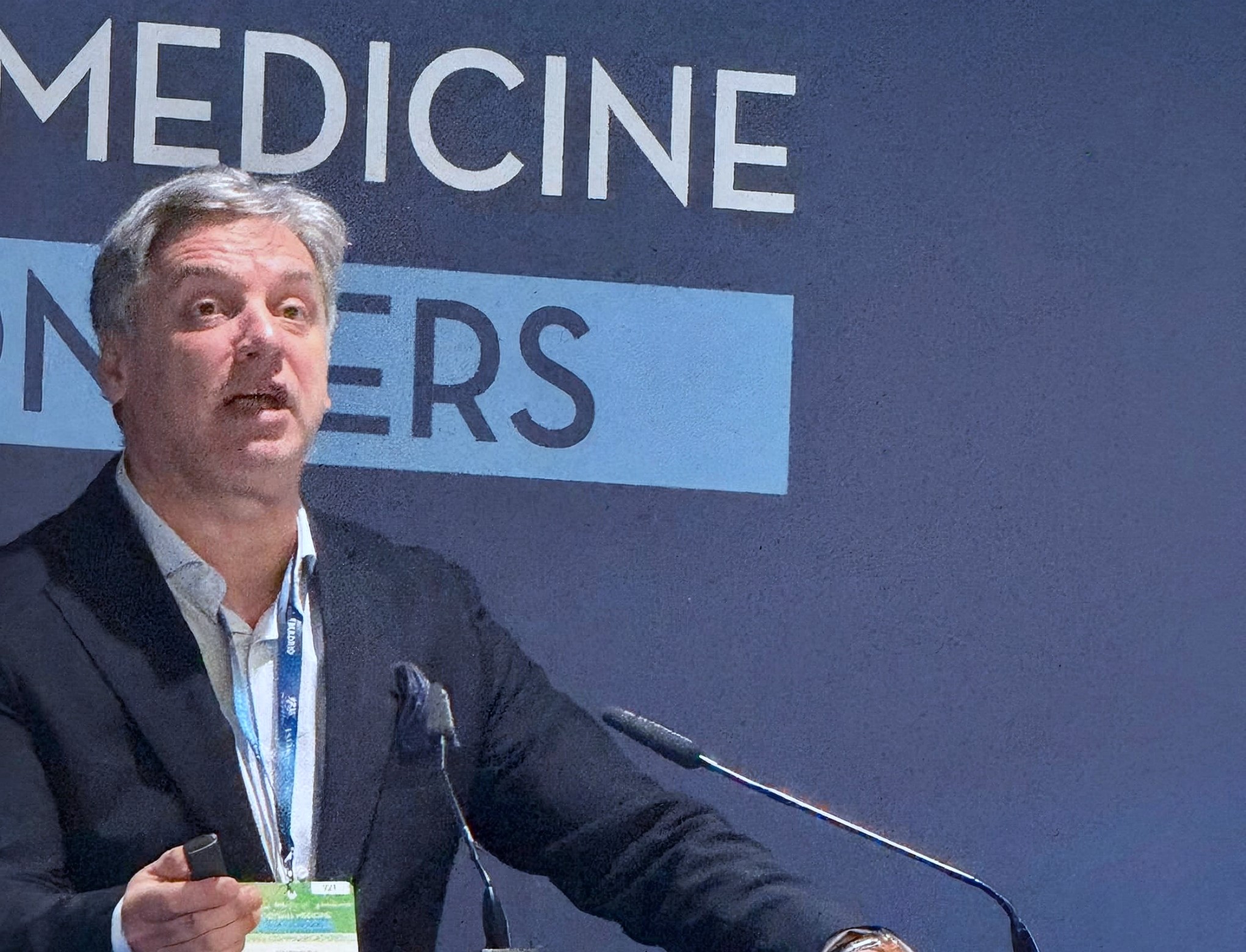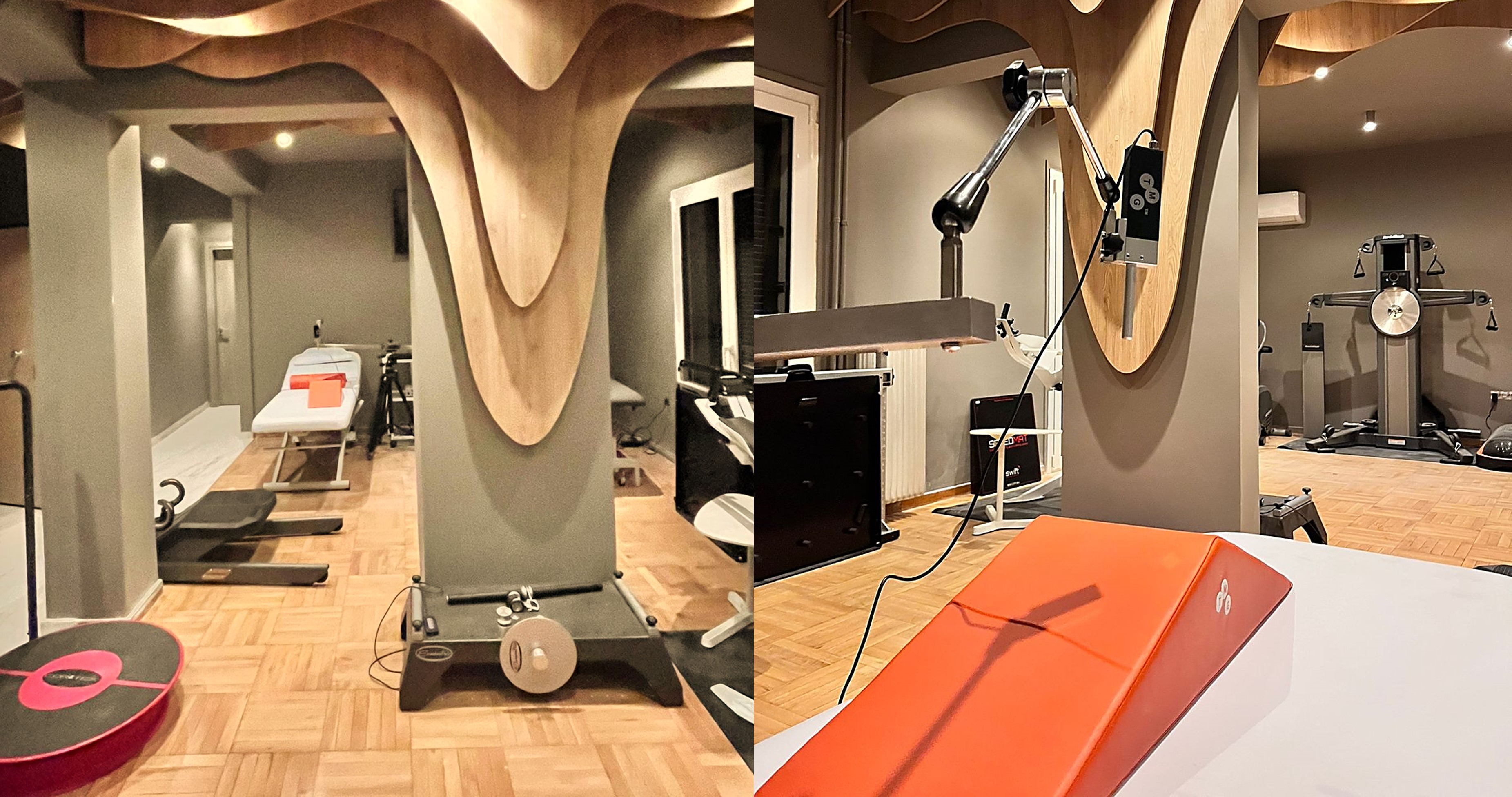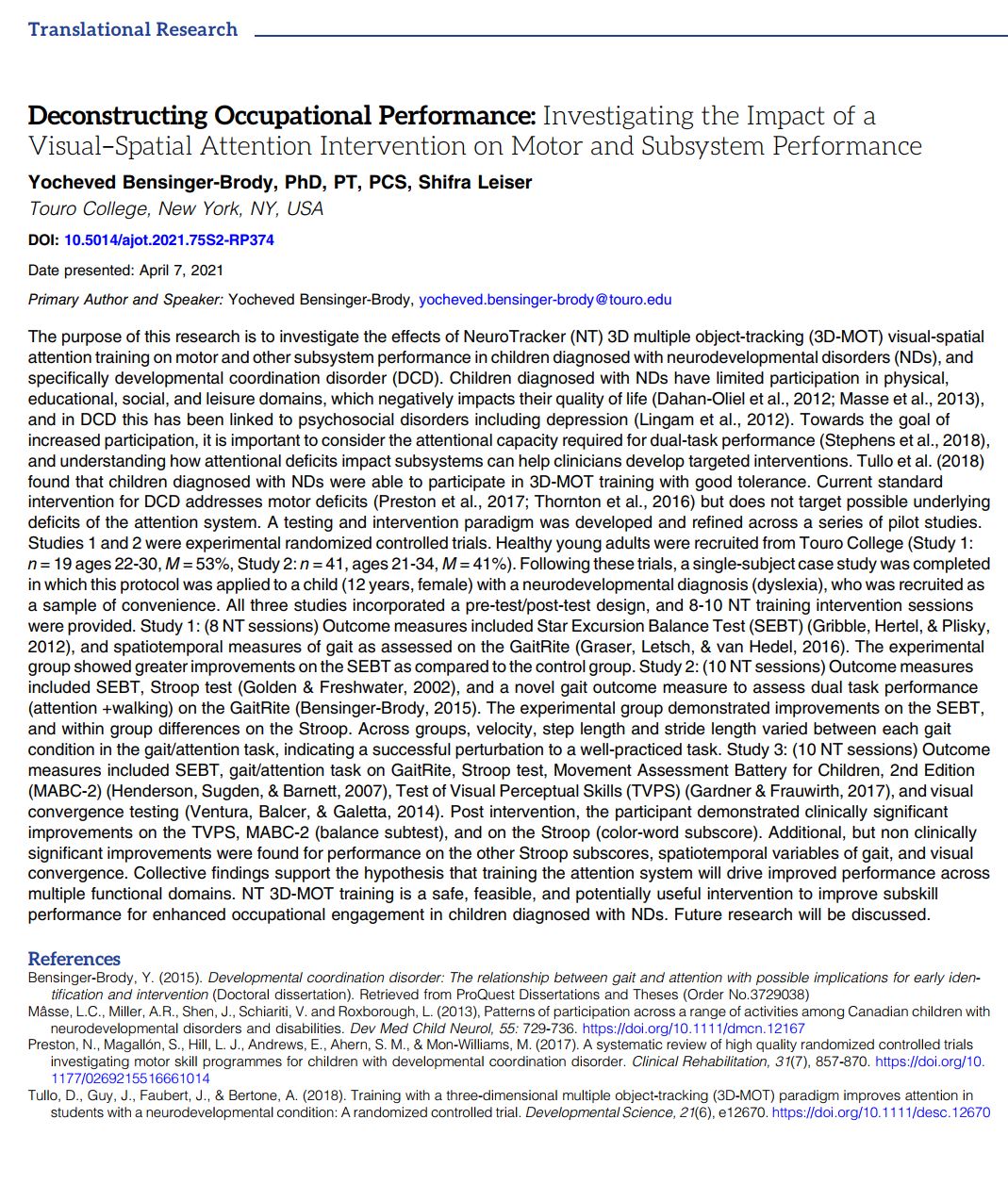Welcome to the Research and Strategy Services at in today's fast-paced.


Dr. Georgios Kakavas is one of Europe’s most respected voices in sports physiotherapy and neurocognitive performance. Based in Athens, Greece, Georgios is the founder of Fysiotek Spine & Sports Lab and the driving force behind Sports IQ Lab, two pioneering centers that integrate neuroscience, biomechanics, and elite rehabilitation methods.
With decades of clinical, research, and coaching experience, Georgios has built a global reputation for his work on concussion recovery, ACL injury risk, and neurocognitive diagnostics in football. He is a UEFA Pro Educator with the Hellenic Football Federation and serves as Sports Physio Coordinator for ECOSEP (European College of Sports and Exercise Physicians).
A long-time user of NeuroTracker and dual-task cognitive training, Georgios has become a leading advocate for integrating perceptual-cognitive tools into sports medicine and athlete development.

Dr. Kakavas has presented extensively at international conferences including multiple ISOKINETIC / FIFA Medical Conferences, where he has contributed insights on neurocognitive risk factors in ACL injuries and the often-overlooked long-term effects of micro-concussions. He will next present NeuroTracker-related insights at Isokinetic Athens, further solidifying his role as a key voice in cognitive-performance integration.
He has also been invited to contribute to FIFA’s Sports IQ initiative, led by Arsène Wenger, aimed at evolving talent development models using brain-based metrics and cognitive load profiling. His contributions help drive the application of science into real-world football settings.

Operating out of Athens, Sports IQ Lab is a cognitive and neuromechanical testing facility built to evaluate and enhance high-performance athletes. Equipped with NeuroTracker and dual-task training platforms, the lab specializes in:
It serves as a training, assessment, and research hub, working with athletes from youth academies to elite football clubs.

Fysiotek Spine & Sports Lab offers a continuum of care that spans injury rehabilitation, sports performance, and long-term neuroprotection. Drawing from his published research on brain biomechanics and micro-trauma risk, Georgios’s team delivers:
The clinic is also involved in academic publishing, having contributed to papers on AI in trauma prediction, digital twin simulations, and neurovisual diagnostics in sports.
Dr. Kakavas regularly shares expert educational content on LinkedIn, where he engages over 40,000 followers with clinical insights, case reviews, and cutting-edge sports science commentary. His content explores the intersection of neuroscience, injury prevention, and performance. LinkedIn Profile →
In his recent blogs for NeuroTrackerX, Georgios has highlighted how “the brain rules everything in sports”, warning that many physical rehab protocols fail to address cognitive load. He has called for more integration of perceptual-cognitive diagnostics in both training and return-to-play decisions.
His article “Does Ball Heading Affect More Than the Brain in Footballers?” explores the often-overlooked full-body consequences of repeated heading, advocating for more nuanced risk assessment and player monitoring.
Georgios has contributed to several peer-reviewed studies, including:
Full list of publications: Frontiers Academic Profile →
With deep experience across clinical practice, academic research, and elite-level training environments, Dr. Georgios Kakavas represents a new generation of multidisciplinary thinkers who are reshaping sports medicine from the brain outward.
By applying NeuroTracker and dual-tasking protocols across diagnostics, rehab, and athlete development, he is helping athletes not only recover—but evolve.
For more information, visit:








Welcome to the Research and Strategy Services at in today's fast-paced.

Learn about Marc Van Loken's growing mission for brain health advocacy with Marvalous Health.

Understand the unique challenges of gifted ADHD kids and strategies to help them find balance.

Learn how combining holistic ADHD strategies can form a foundation for lasting progress.
.png)